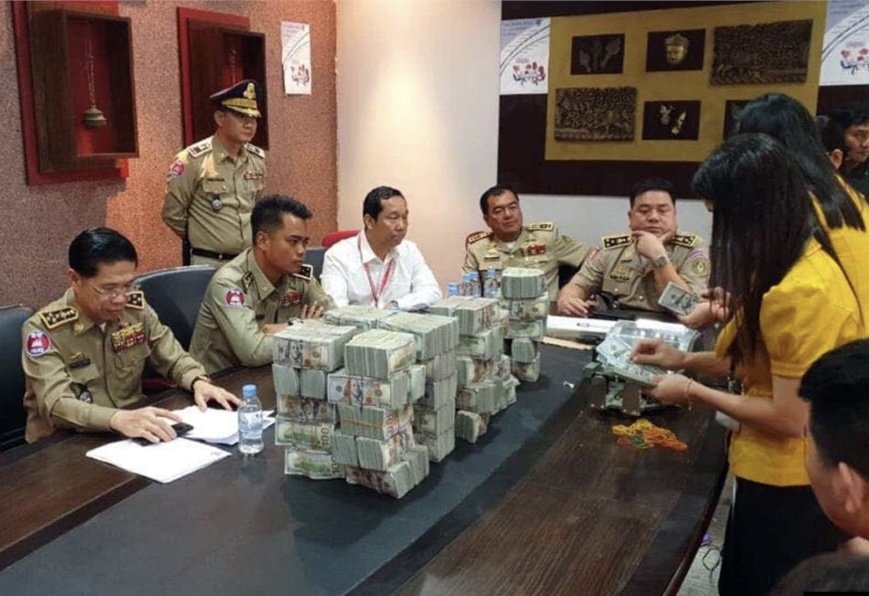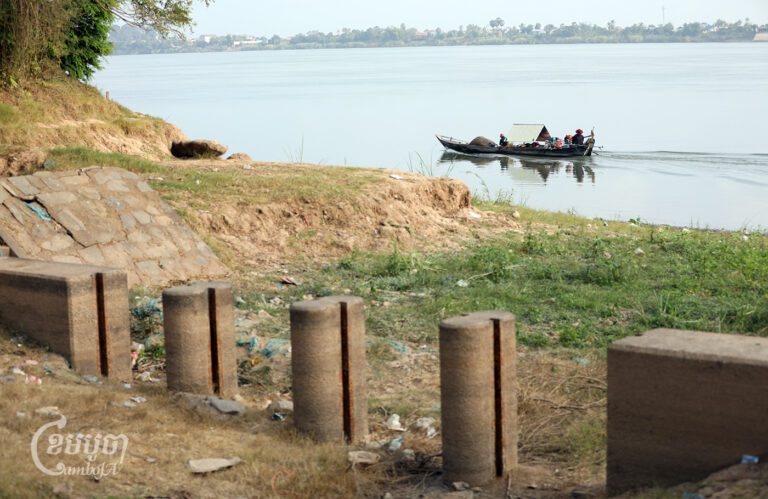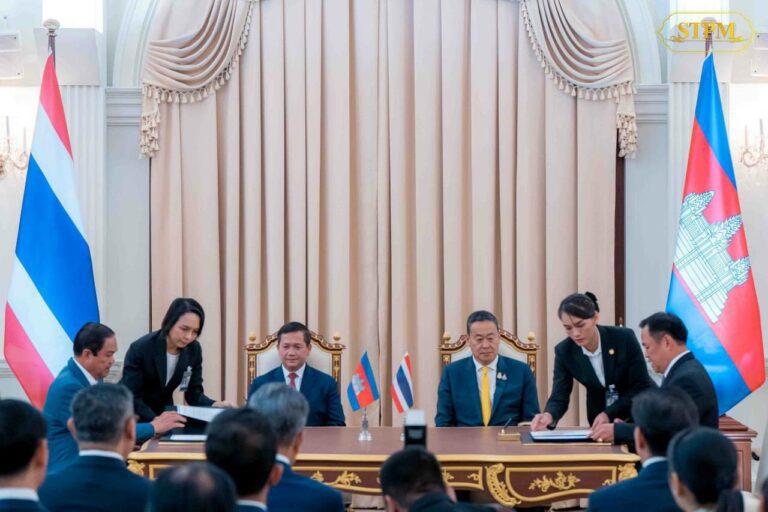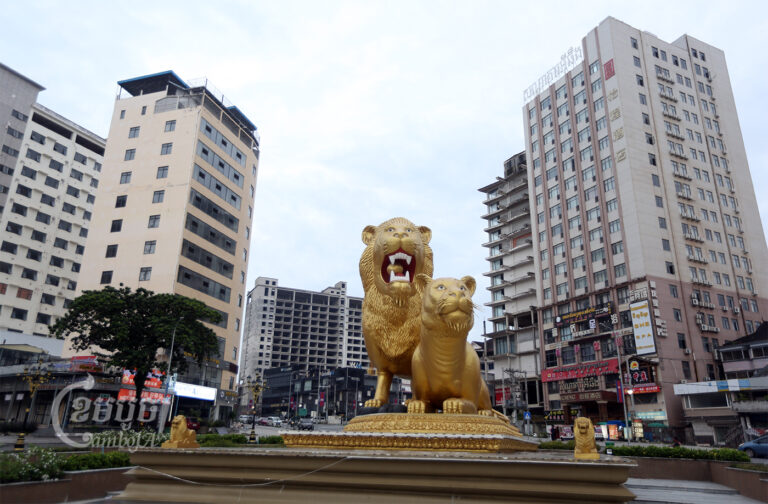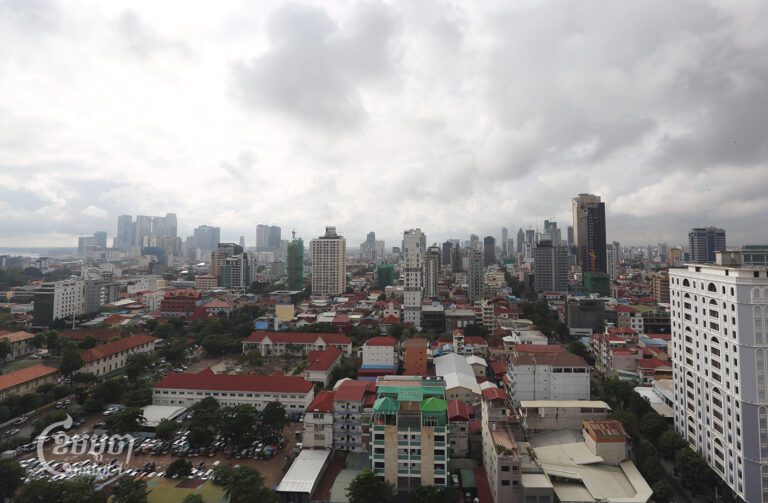Cambodia remains on the “gray list” of an international financial crimes watchdog, which plans to visit the country to review its progress implementing anti-money laundering reforms, according to an October 21 announcement.
The Financial Action Task Force (FATF), an intergovernmental body, noted Cambodia had taken positive steps but called for an “on-site visit…at the earliest possible date” to verify whether “the necessary political commitment remains in place to sustain implementation and improvement in the future.”
The FATF did not specify which locations or authorities in Cambodia it would seek to visit.
The FATF had warned Cambodia in June to complete its “action plan” of reforms by October or risk facing consequences, which could include sanctions by FATF members such as the U.S., China and South Korea. The original deadline for the reforms had been January 2021.
In its latest assessment, FATF said Cambodia had “substantially completed its action plan.”
Cambodia’s “key reforms” included trained prosecutors, judges and other authorities, implementing UN sanctions, and improving its ability to confiscate assets, the FATF noted. Authorities had also been “conducting outreach” to the casino and real estate sector, FATF added.
“Cambodia has made very slow progress in tackling money laundering,” said Transparency International Cambodia executive director Pech Pisey. “There is a significant number of recommendations under FATF that have not been addressed or remain unchanged over the past years, specifically on effective law enforcement, investigating suspected money laundering cases, and criminalization.”
There is little oversight or monitoring of how financial crimes laws are being applied through an anti-money laundering committee run by the Ministry of Justice, Pisey said.
“To what extent it produces concrete impacts remains to be assessed,” Pisey said. “A one-party parliament system also makes it impossible for any effective oversight and public scrutiny on this issue.”
Regarding whether the FATF reforms had led to an increase in prosecuted money laundering cases and asset seizures, Chin Malin, Ministry of Justice spokesperson, declined to comment, referring CamboJA to the National Bank’s Cambodian Financial Intelligence Unit, which also did not respond to email and phone requests for comment.
Cambodia’s openness to money laundering is increasing, not decreasing, according to a Swiss anti-money laundering index nonprofit Basel Institute on Governance. While in 2021 Cambodia ranked 11th in a list of countries most at risk for money laundering activities, it recently moved up to seventh, according to an October 4 Basel report. It is the country most favorable for money laundering in Asia, behind Myanmar, the report found.
Cambodia’s 2020 anti-money laundering law mandates internal due diligence from real estate agents, gambling sector and other businesses moving large volumes of money, yet only “a handful of banks and MFIs” have been internally reviewing questionable transactions, Pisey said.
Southeast Asia’s cash-based economies and porous borders have also made money laundering easier, the United Nations Office on Drugs and Crime has stated.
Cambodia’s casino sector, notably in Sihanoukville, has emerged as a human trafficking and online scam industry though authorities have begun cracking down on some of these compounds.
The U.S. Department of State’s Trafficking in Persons report in July downgraded Cambodia to its lowest ranking, citing rampant unaccountability for traffickers, especially in “entertainment establishments, brick kilns, and online scam operations.”
In February, the Preah Sihanoukville provincial court established a working group to monitor money laundering and cyber crime, Phnom Penh Post reported. But Ly Chandara, Preah Sihanouk provincial court spokesperson, said he had no data on cases of money laundering uncovered by the working group.
“As human trafficking, money laundering and other crimes are interconnected, it requires the state authorities to collaborate and tackle this issue systematically as well,” said Pisey, of Transparency International. “This means that Cambodia needs to also increase international collaborations and information sharing, and build its skilled human resources and technical capacity [for anti-money laundering]…”
Staying on the FATF’s gray list could make foreign investors cautious about financial transactions with Cambodia, said Anthony Galliano, president of the American Chamber of Commerce in Cambodia.
“Correspondent banks and other intermediary financial institutions involved in transactions with Cambodian entities are likely to demand a higher level of due diligence, requiring greater documentation and transparency within Cambodia’s financial system,” Galliano said.
Minister of Interior Sar Kheng, who only began acknowledging the extent of human trafficking in Cambodia in recent months, said in September that failure to address money laundering could lead Cambodia to fall into the FATF’s blacklist with even greater consequences. Countries on the blacklist, including Iran, North Korea and Myanmar, may face sanctions.
“When we are on the blacklist, our banking transactions will be zero and this would be devastating for the national economy,” Kheng said. (Additional reporting by Sorn Sarath)


